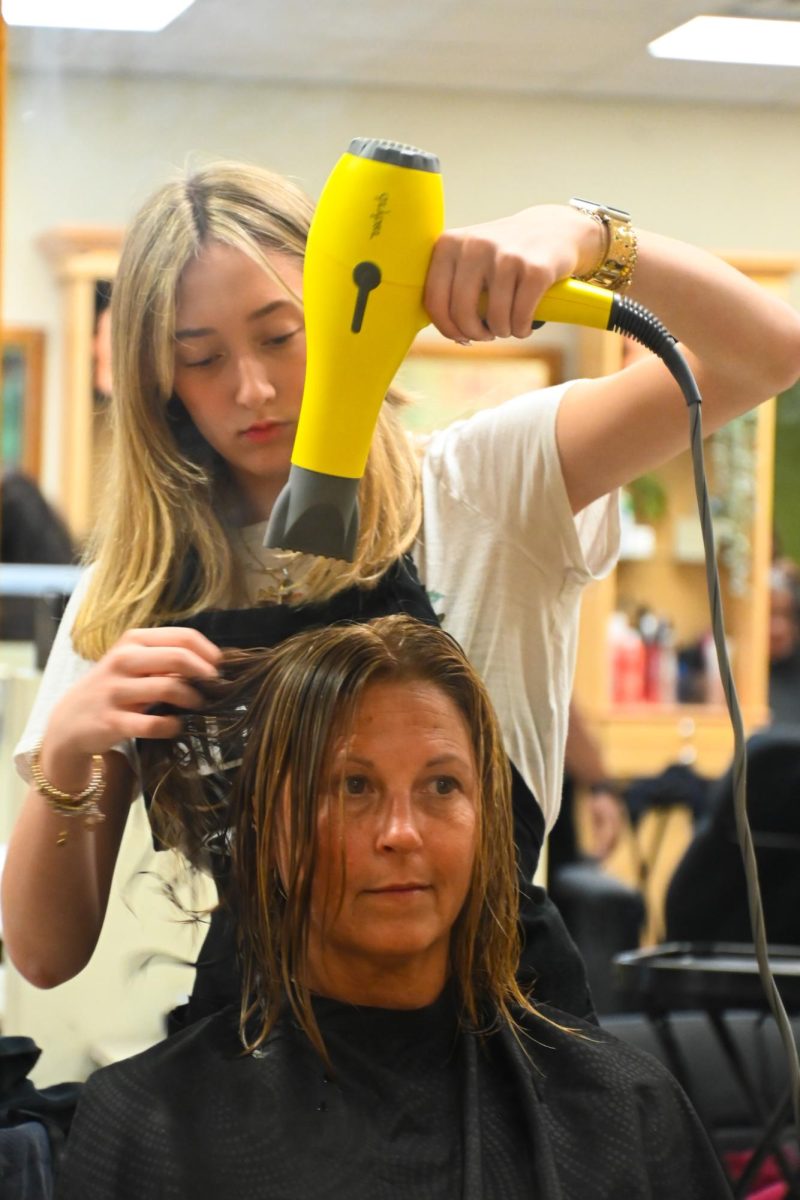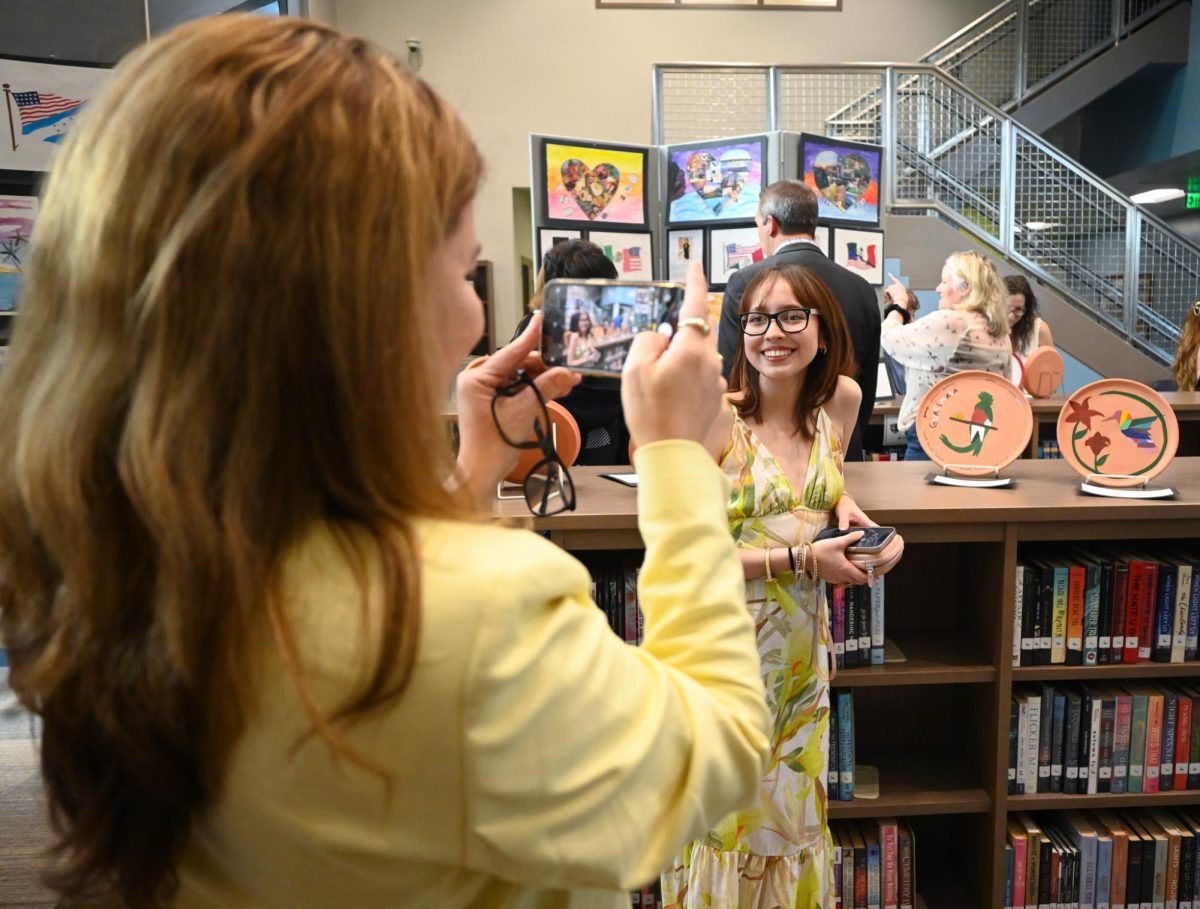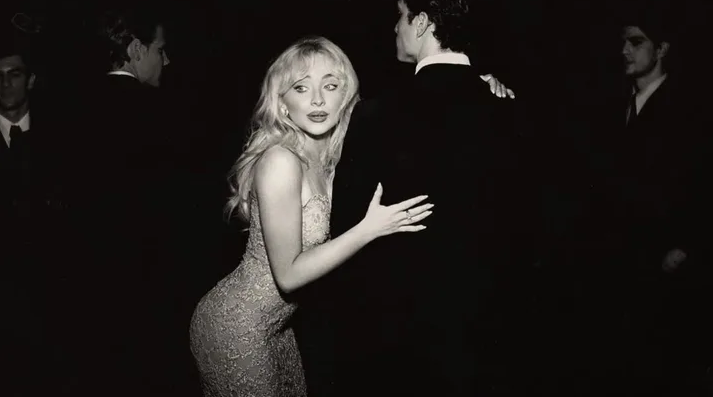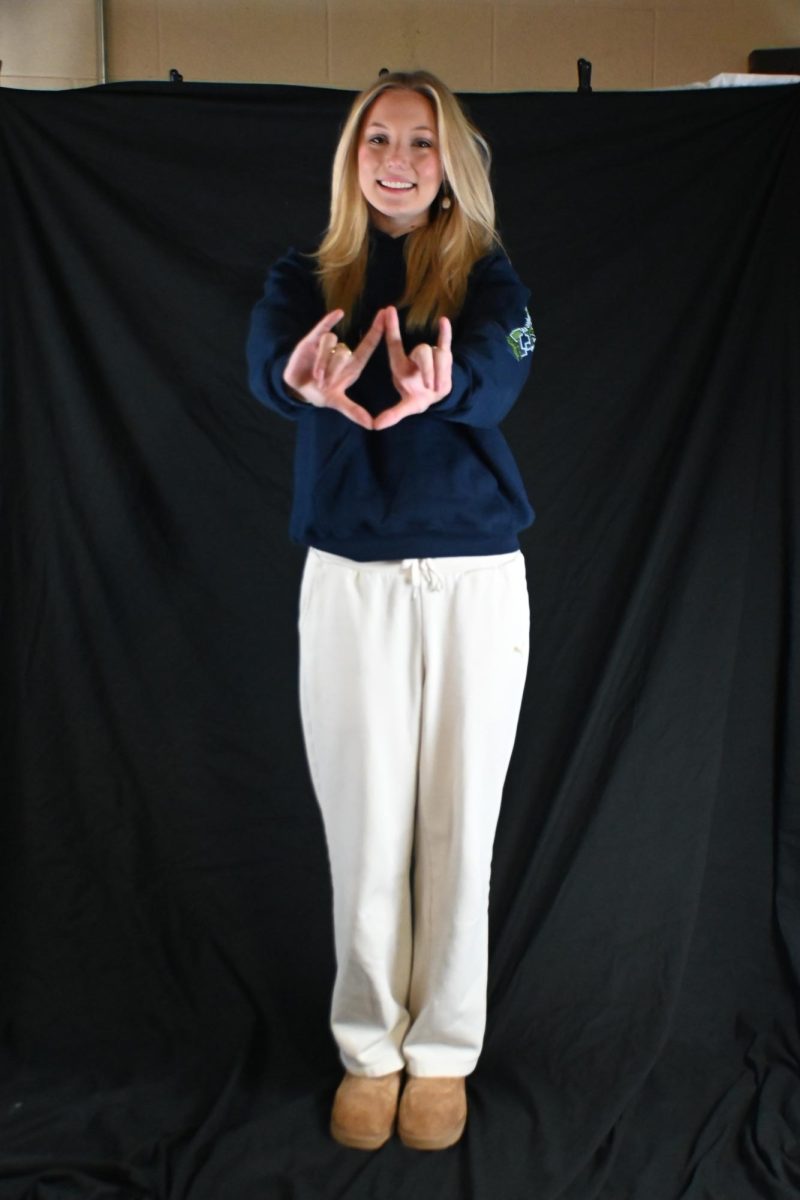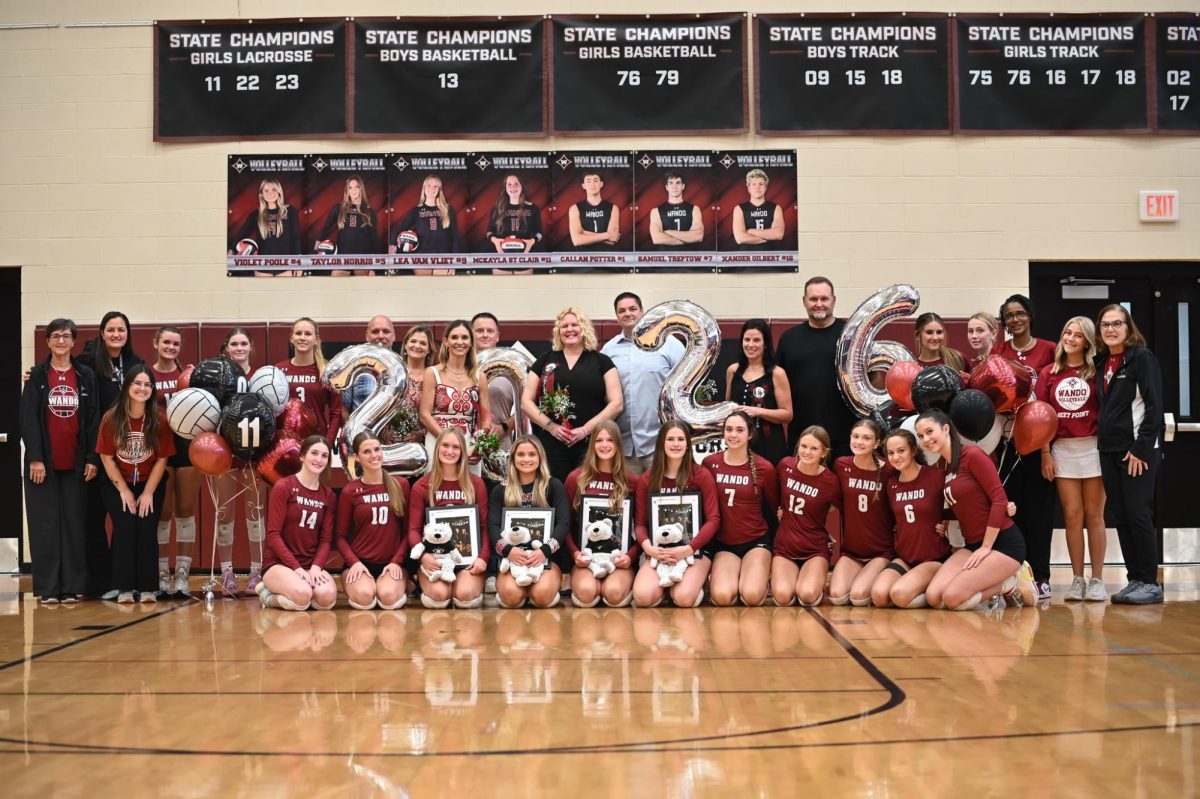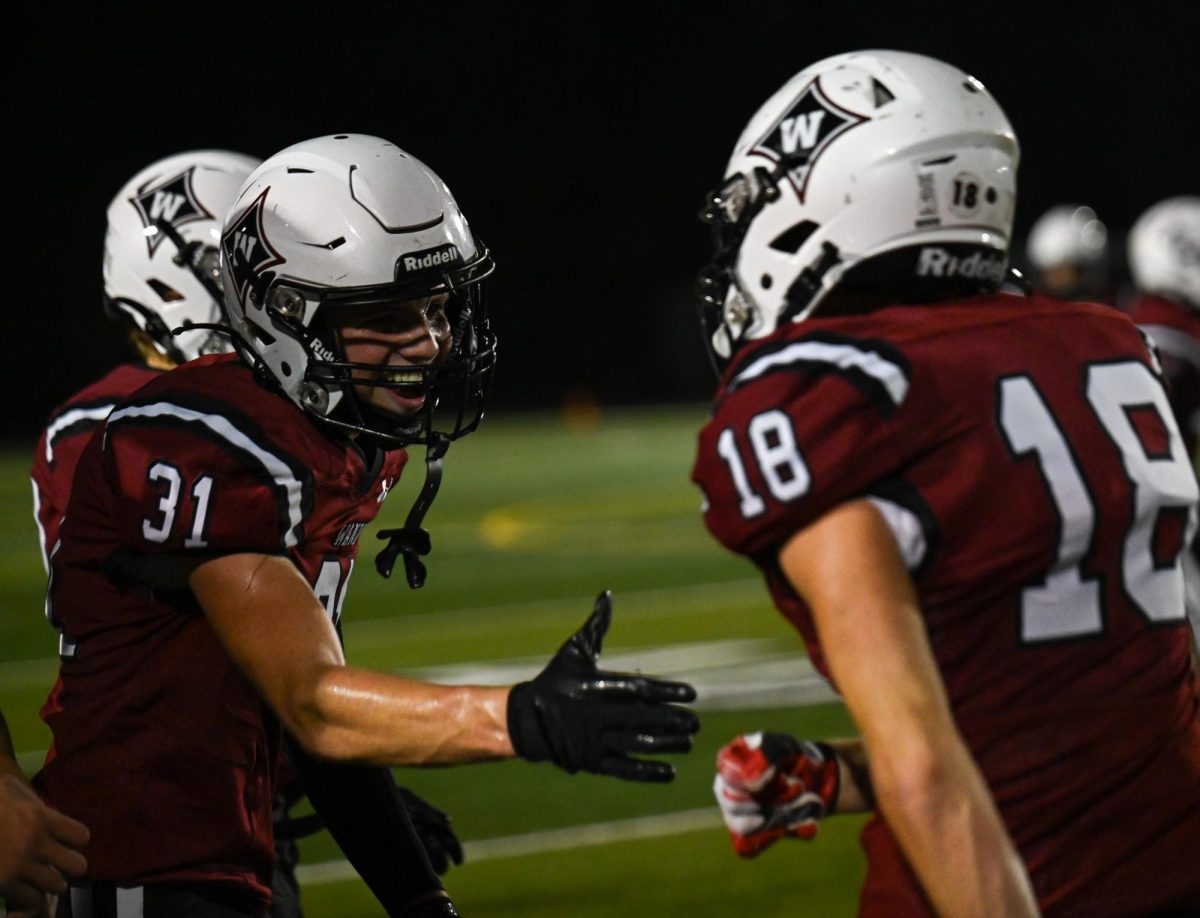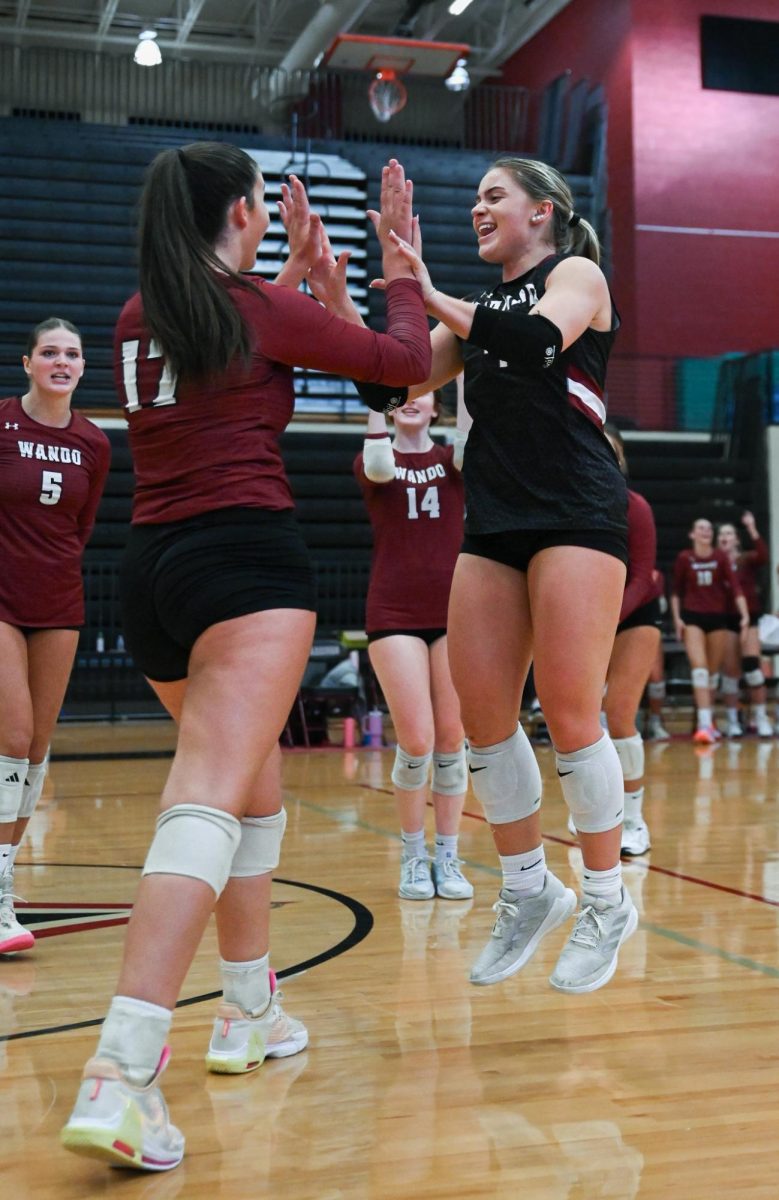Lights! Camera! Positions! All those that work to make the actors shine need their spotlight too. For Wando’s spring musical, “Mean Girls”, the theater program is prioritizing the set design in order to create their best play yet.
When directing a play, specifically one adapted from a movie, one of the most difficult aspects of the production is the timing of transitions between each scene. It may not be apparent to the audience, yet the set design team works hard to maintain viewers’ attention through critical thinking of specific details in the set pieces.
“Set design for ‘Mean Girls’ is tricky because what happens when you take a film, and then you turn it into a stage show, a lot of times the person adapting the script doesn’t realize on film, I can cut from the school to a mall really quickly and then onstage, you have to get there within 20 seconds or else you lose your audience,” Moser said. “For this, we have to figure out what can we reuse isn’t necessarily effective to paint a flat that’s only going to be onstage for a one minute and a half scene?… do things need to have wheels so they can roll in and out? So, there’s a lot of logistics that comes with just the efficacy of how fast and how nice the show can flow.”
Senior James Leonard, a crucial member behind the scenes of the musical, has an abundance of responsibilities besides being a part of the cast.
“My role in tech is to have some set design, and I’m also doing part of the lighting design for a couple of music numbers…I’ve already been in charge of getting a vision of what we need to set per scene, and what is going to be where, the dimensions of all the different parts,” Leonard said. “With lighting design, it’s more of trying to create a vision in your head. You have to create with mood, that whatever the song gives you a feeling of… and what the lighting in the mood wants to entail.”
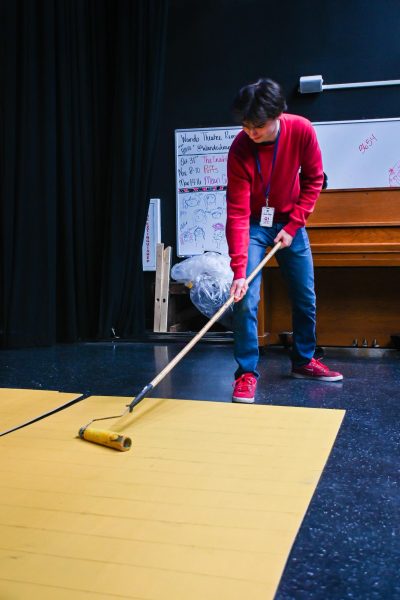
costume design and creating sets,” Moser said. (Livi Ralston)
In order to prepare for the big showcase, the crew spends hours in class and dedicates their weekends to grasping a full understanding of the inner workings of the play and ironing out the kinks before the curtains draw.
“There’s a lot of just talk, there’s a lot of my tech theater class watching rehearsal videos and music numbers so they can understand where things are placed. We have an 11-hour tech day in our schedule, where everyone will be here from basically 10 a.m. to 10 p.m. just making sure that all of this stuff is taken care of,” Moser said.
A busy curriculum results in a small window of time for the theater department to execute each one of their projects. As set production is the biggest aspect of the ‘behind the scenes’ process, Moser directs it to be completed first to utilize their constricted time.
“I think the time management is pretty difficult, because even though we have a month… we have to start painting something and getting it up. So most of it is pretty much just time management just because there’s a lot to get done to make sure it’s fine,” Moser said.
To help along Moser with the process is senior and stage manager Dori Lewis, who oversees all moving parts of the production.
“I’ve worked with our tech theater class who are doing the building, designing the set, as well as repairing our lights. My role as for that, in that process, [is] to make sure everything gets done on time and make sure that everything gets executed,” Lewis said.
Without a spotlight, no actors would be able to shine. Although the audience’s focus may not be on each lighting queue or a detailed paint job, the work and effort that is produced by the tech and stage design members are pivotal for the success of the play.
“So what it’s like being in tech or any technical aspects, most people just brush over it… tech is a big, big part of it. Because what’s the mood of a show going to be without any lighting? What’s anything [going to] be like without sound or a set? It’s all going to be blank,” Leonard said.
Despite the stress and theatricals within rehearsals or dressing rooms, the cast and crew build not just a drama play, but new friendships.
“You create a family…our grade, even though it’s not the biggest one, it is pretty big and [theater] kind of makes a smaller community and a family. I’ve worked with some of these people for three years, so I’ve known them that long. It kind of helps having a fun community,” Lewis said.
The anticipation for the play begins as the students are working hard in preparation for opening night.
“I’m really excited for everyone to see what Wando theater is capable of,” Moser said. “ I have really great students. I think… they just really needed someone to come in here and give them permission to be great because they really are just great. I could not do
this without the students that I have.”












